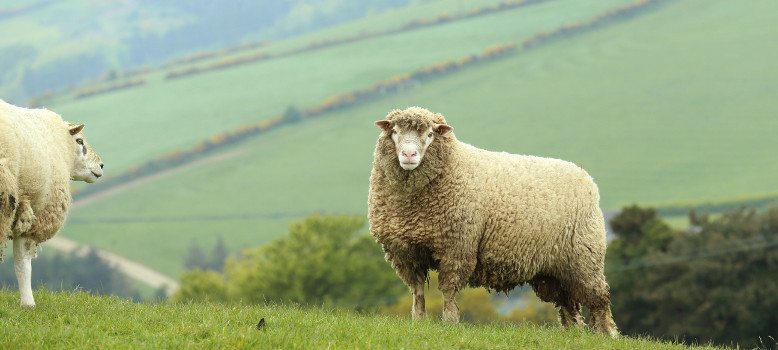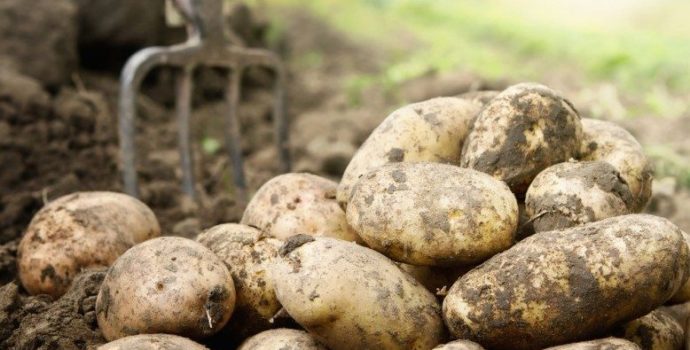Hill Farmers Must Get Anc Increase

Speaking at an IFA Hill Farming Forum in Connemara today, IFA President Joe Healy said the €25m increase in ANC payments secured by the IFA under the Programme for Government must be paid out to farmers in 2018. He said hill farmers must benefit from this budget increase as they were the farmers who lost out most in the 2009 cuts.
Joe Healy said most hill and mountain lands are designated as SAC or SPA, which means farmers in these areas have severe restrictions imposed on them, which impact on their ability to farm and generate income.
He said hill farmers provide vital public goods in the form of landscape management, biodiversity and environmental improvements across large areas of hill and mountain lands and farmers are entitled to be paid for these services.
Low Incomes in Hill areas
IFA National Hill Committee Chairman Pat Dunne said that despite the fact that Minister Creed has sought to delay the review of ANCs, the Government must ensure that payments reflect the natural disadvantage. He said the 2015 Teagasc National Farm survey clearly highlights the low incomes from Hill Sheep farming, with the average income at €14,743 or only €283 per week. “The figures show that direct payments are a vital support, whether it is Basic Payment, ANC, GLAS or Sheep Welfare. Direct payments for hill farmers must be protected and enhanced”.
Pat Dunne said that the payment delays under GLAS were particularly severe for commonage farmers because of their income dependence on direct payments. He said Agriculture Minister Michael Creed cannot stand over the payment delays on GLAS, which he said was undermining this important environment scheme at farm level.
Heritage Bill
The IFA Hill Farmers leader said it is of vital importance that the Heritage Bill is passed in the Dáil this week so as to allow for better management of hill areas.
Lamb Prices
IFA National Sheep Chairman John Lynskey said it is essential that the price momentum on early lamb is maintained later into the lamb selling season. He said hogget finishers, who are vital to the light lamb and store lamb trade had a very difficult season with prices well back on last year.
John Lynskey said hill sheep farmers have made considerable progress in recent years by improving and adopting both breeding and production to meet market requirements. He said producers can maximise their returns by ensuring they have a suitable lamb which meets a particular market requirement, whether it is a ewe lamb for breeding, a lamb for store buyers or a light finished lamb for the factory.
€25m Sheep Welfare scheme secured
John Lynskey said IFA worked hard and secured €25m in additional funding for the new Sheep Welfare Scheme which was taken up by 22,500 sheep farmers on 2m ewes. He said the estimated €5m underspend in this scheme must be fully protected for the sheep sector. The IFA National Sheep Committee is considering a number of possible options for the €5m and has already been in contact with senior officials in the Department of Agriculture on the matter. IFA will consult widely with sheep producers through our branches and county executive structure.
Brexit
John Lynskey said the increase in sheep numbers of 137,000 ewes in the December 2016 census is positive for the sheep sector. On Brexit, John Lynskey said IFA will keep the farming and the agriculture sector top of the Government’s agenda. On sheep, he said Free Trade access to the UK market and the New Zealand imports were the key issues along with maintaining the CAP budget.




